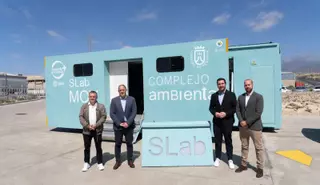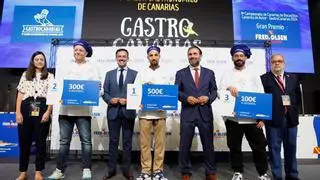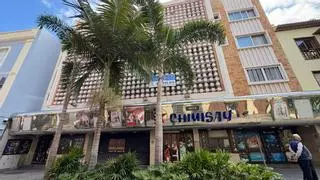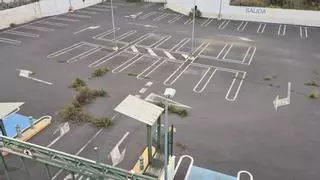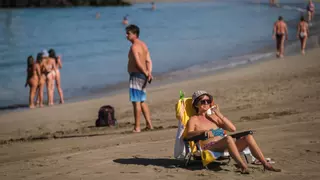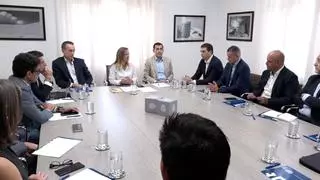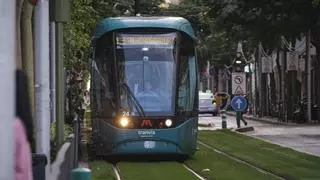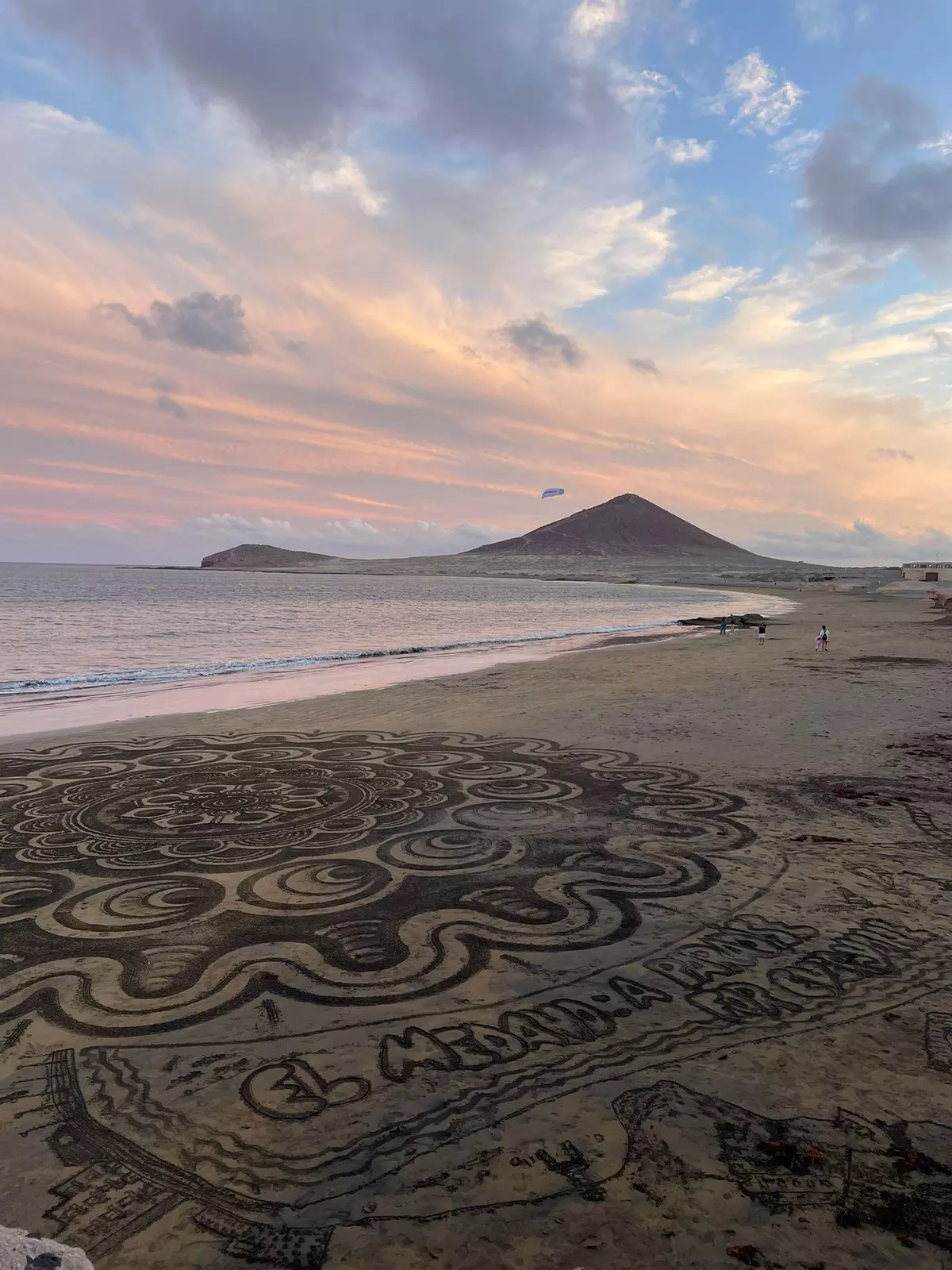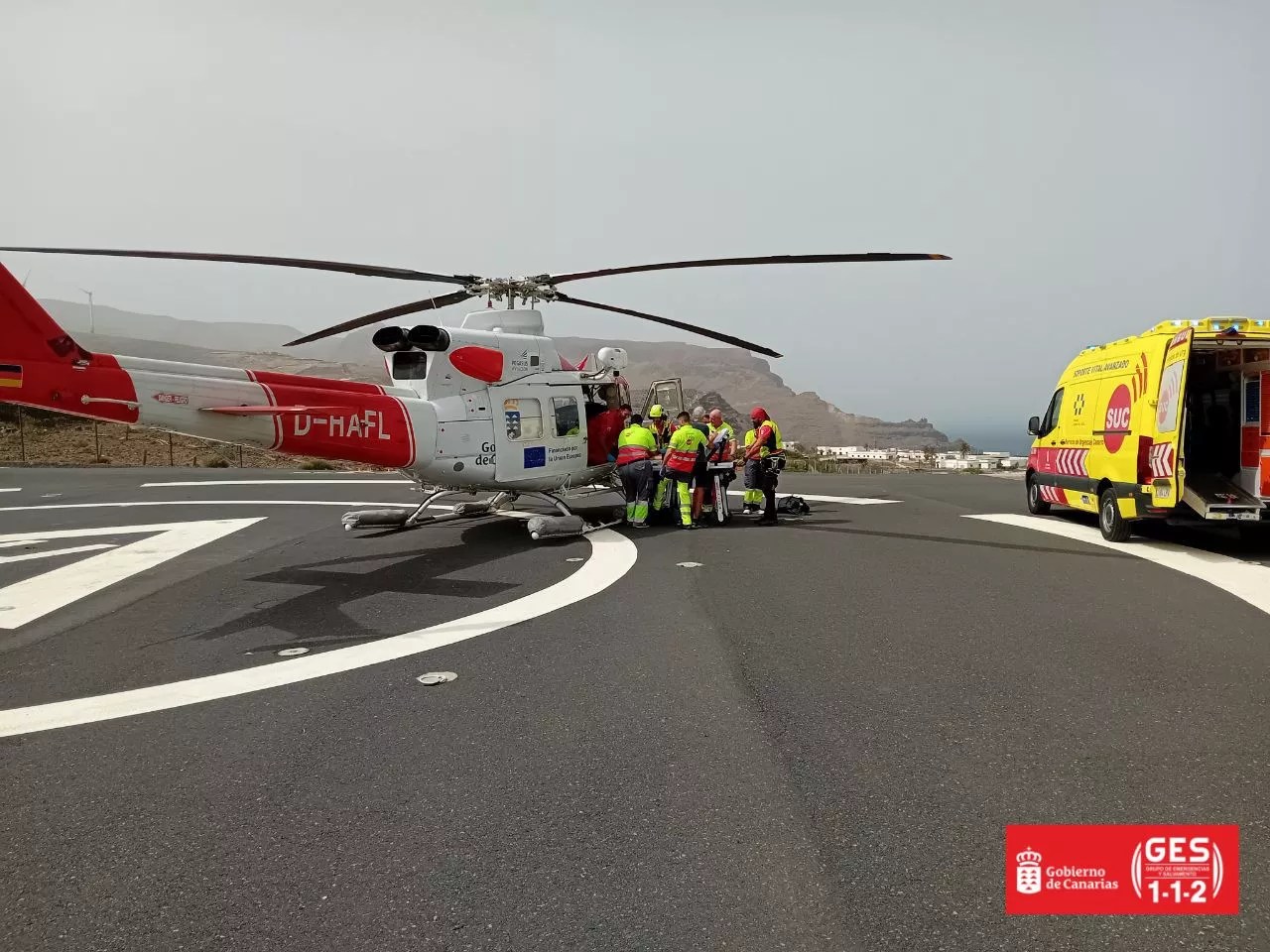Cabildo Pushes Forward in Waste Management Improvements
Tenerife’s environmental facility processes over 1,800 tons daily, totalling approximately 670,000 tons annually
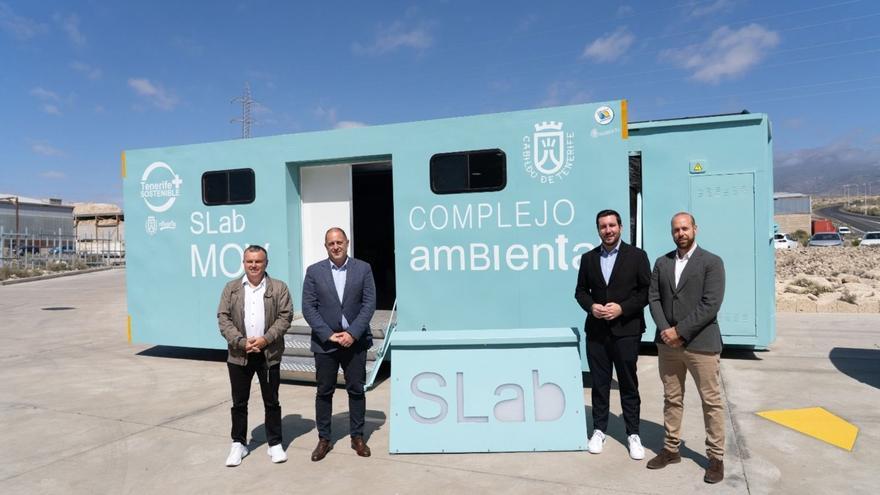
The Cabildo has invested 25 million euros in updating the environmental facility. | | Ed/Lot
Renata Domingo
The day/Lot
Updated 17 May 2025 0:34
Waste management stands as one of the most significant environmental challenges current societies face. In an island like Tenerife, where resources are scarce and space is limited, this issue becomes even more pressing. With a daily production of over 1,800 tons of waste—equivalent to around 670,000 tons each year—the conventional model reliant on disposal is increasingly untenable.
In light of this reality, the Cabildo de Tenerife has taken on the challenge of fundamentally transforming the island’s waste management framework, favouring a model centred on the circular economy, minimisation, reusing, and recycling.
The president of the Cabildo, Rosa Dávila, states that “there can be no change without community involvement and it is vital to combine efforts and continue raising awareness, as recycling is a vital aspect of caring for the island.” Guided by this perspective, a number of initiatives and investments are being undertaken that are structurally changing how Tenerife handles waste.
“Recycling effectively is a means of taking care of the island,” says Rosa Dávila, who urges continued community participation.
A major milestone on this journey has been the modernisation of the Environmental Complex of Tenerife, situated in Arico. This facility is the core of waste management on the island, where waste is sorted, processed, and, wherever feasible, materials are recovered from the waste generated daily.
Over the past year and a half, the Cabildo has directed more than 25 million euros towards its enhancement. This funding has facilitated the reactivation of the bio-stabilisation plant, with the capability to treat up to 76,000 tons of organic material annually; initiated a new facility for construction and demolition waste, able to handle 50,000 tons each year; and upgraded the leachate treatment facility, crucial for preventing soil and groundwater contamination.
In addition, new specialised vehicles have been acquired to bolster the logistics of collecting and transporting waste from local municipalities, along with new containers to optimise both general and specific waste collection.
Clean points collected 63,500 tons in 2024, marking a 14.6% increase from the prior year, engaging nearly 300,000 users.
Encouraging Reuse
One of the most progressive developments is the Truec@ platform, established by the Cabildo to encourage reuse. This platform allows residents to exchange items in good condition directly at clean points. “Truec@ signifies a cultural shift from disposal to sharing, giving products a second life,” proclaims the Minister of Natural Environment, Sustainability and Safety and Emergencies, Blanca Pérez, who notes that this platform “not only aids in reducing waste but also fosters values of cooperation and responsible consumption.”
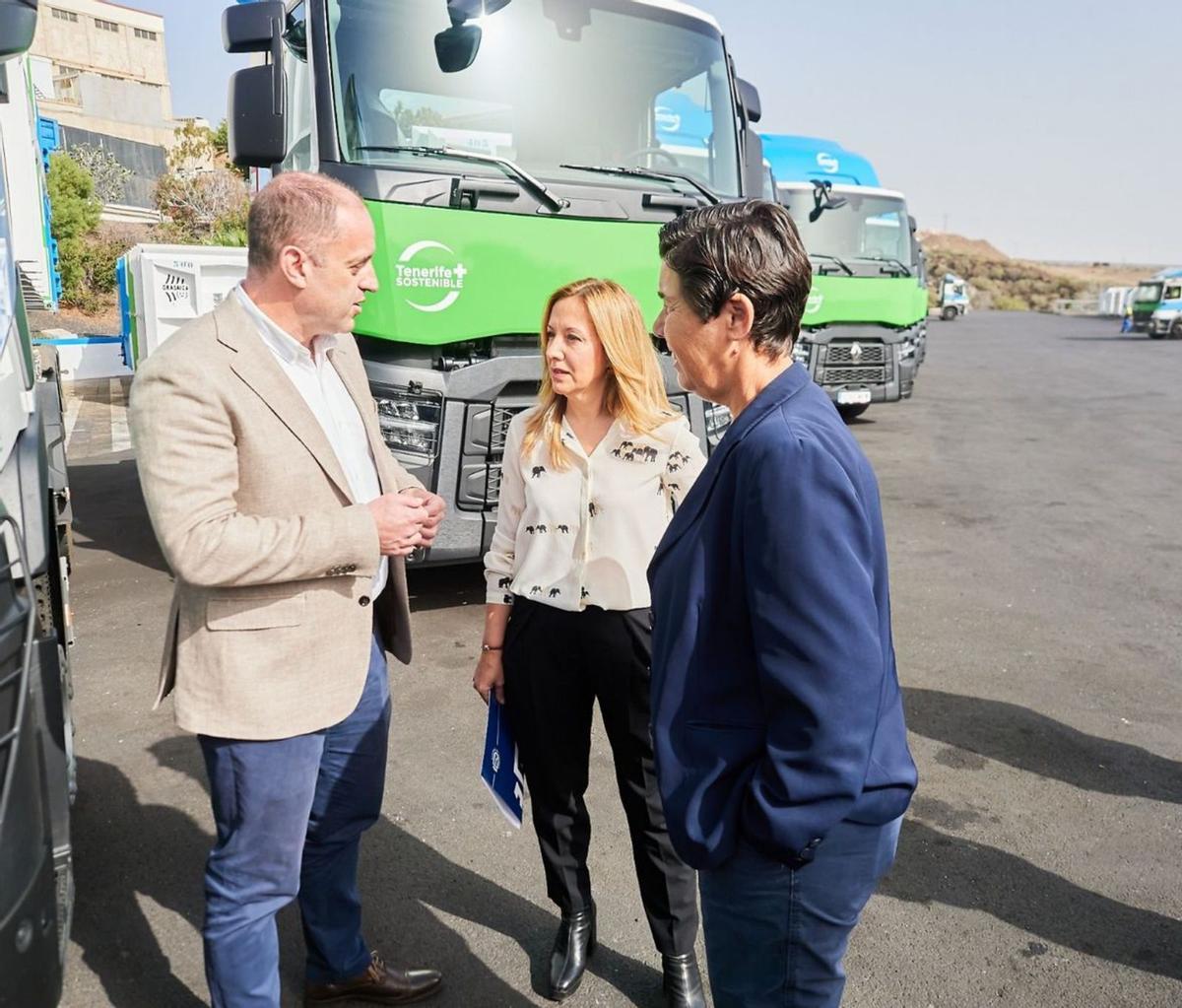
The mobile classroom will traverse the island with 100 recycling activities | | Ed/Lot
He further adds that “we are championing a model shift that transcends mere recycling. We desire a cleaner island and a more engaged citizenry. Awareness, education, and enhancement of services must proceed together.” In this regard, he highlights that “if we don’t separate the containers properly, recycling becomes significantly more challenging, less effective, and far more costly from both an environmental and economic perspective.”
The island’s waste director, Alejandro Molawny, remarks that “we are moving beyond a model based on disposal and towards modern, efficient, and clean technologies. The selective collection of organic material is the key component needed to elevate recycling standards. We possess the knowledge and technology, and now we are creating the conditions for municipalities to take that step.”
Open Days at the Environmental Complex of Tenerife
The Cabildo de Tenerife has initiated various awareness and environmental education programmes. A particularly notable initiative is the Sustainable Mobile Classroom Slab, a travelling laboratory featuring over 100 educational activities designed to raise awareness among the public, especially young people. More than 5,000 schoolchildren are anticipated to engage in workshops, discussions, and training events.
Over 5,000 schoolchildren will partake in educational activities on recycling through the Slab mobile classroom.
Concurrently, educational visits and open days at the Environmental Complex of Tenerife have been organised to enable citizens to understand the waste treatment cycle and the necessity of correctly sorting waste at home. Rosa Dávila emphasises that “we wish for everyone to comprehend how waste management functions and why it is crucial to participate.”
Thus, open days commenced yesterday, featuring activities aimed at environmental education for teachers, including a series of conferences, workshops, and round-table discussions focused on recycling and its integration into education. The programme included guided tours of the complex and networking opportunities for participants to share experiences.
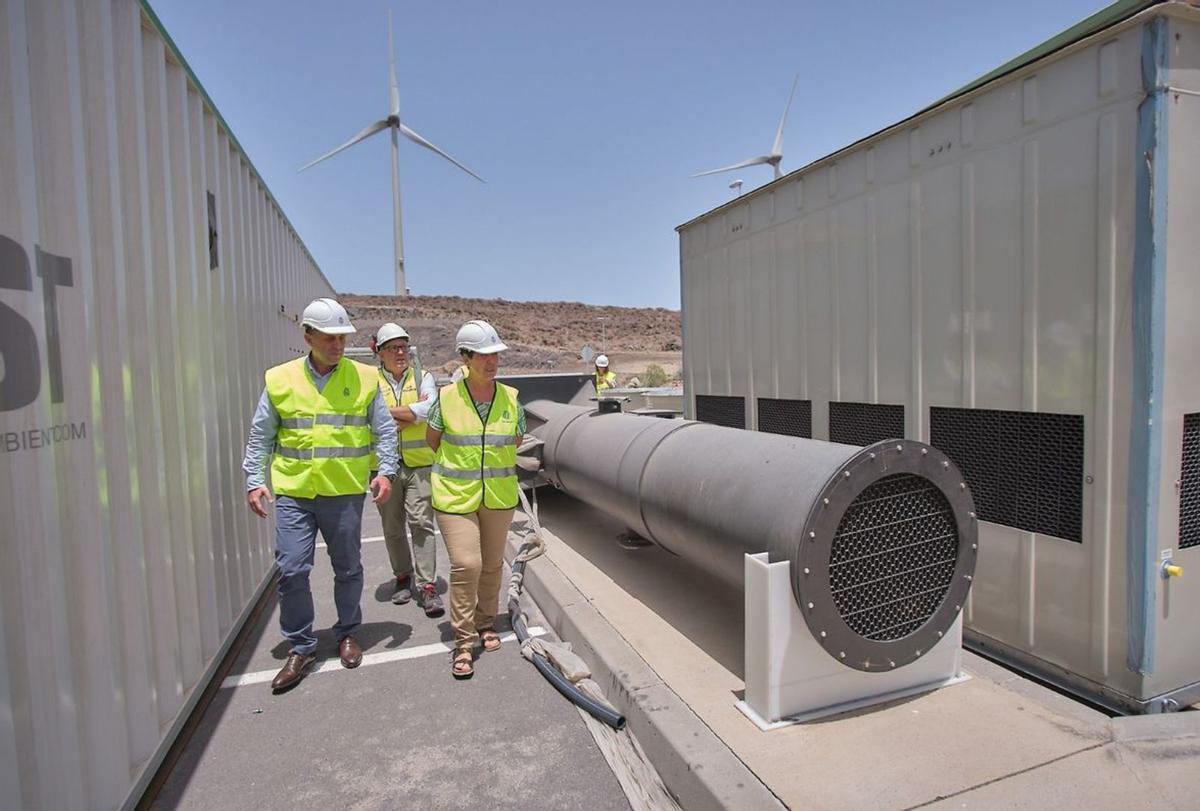
Monitoring of the construction of new infrastructure at the environmental complex. | | Ed/Lot
For today, on World Recycling Day, the events will centre around professionals and researchers, featuring presentations of research projects, advancements in recycling technologies, and new opportunities within the recycling sector.
Selective Collection
A primary focus in transforming waste management is selective collection. The organic fraction, in particular, holds significant potential for enhancement: over 200,000 tonnes of waste produced annually in Tenerife is organic, yet only 2,000 tonnes are collected separately. At present, merely 9 municipalities execute this collection, and to promote its expansion, the Cabildo has made the treatment of this fraction free at the environmental complex. This initiative facilitates the conversion into high-quality compost and diminishes management costs for municipalities.
The Cabildo will double its network of clean points from 8 to 16 facilities to enhance recycling access across all municipalities
In terms of packaging recycling, while notable advances have been made, they remain inadequate. In 2014, 5,800 tonnes were collected in the yellow container; by 2023, this figure exceeded 12,670 tonnes, showing an average annual increase of 2.5%.
Glass recycling is another area where Tenerife excels on a regional scale. In 2024, the island led in recycled volume with more than 17,000 tonnes and over 5,100 containers in place. Data from the first quarter of 2025 indicate a further growth of 3.9%, affirming this encouraging trend.
Advancements have also been made in expanding the clean points network, which will increase from 8 to 16 facilities, thereby providing recycling opportunities to all municipalities. In 2024, approximately 300,000 individuals utilised these facilities, marking a 6% rise from the prior year, with 63,500 tonnes of recyclable waste collected, a 14.6% increase compared to 2023. Just in the first quarter of 2025, the number of users surged by 11%.
